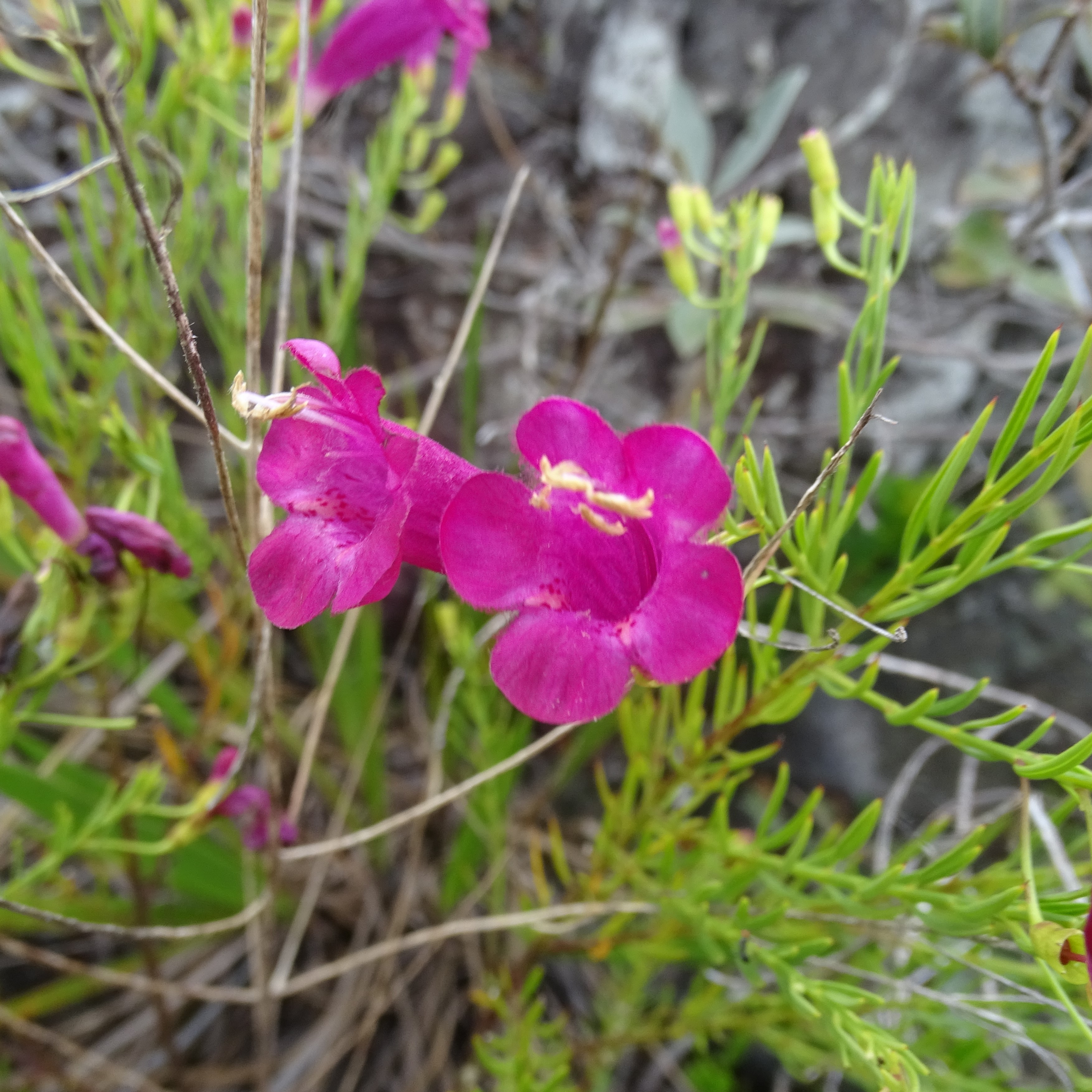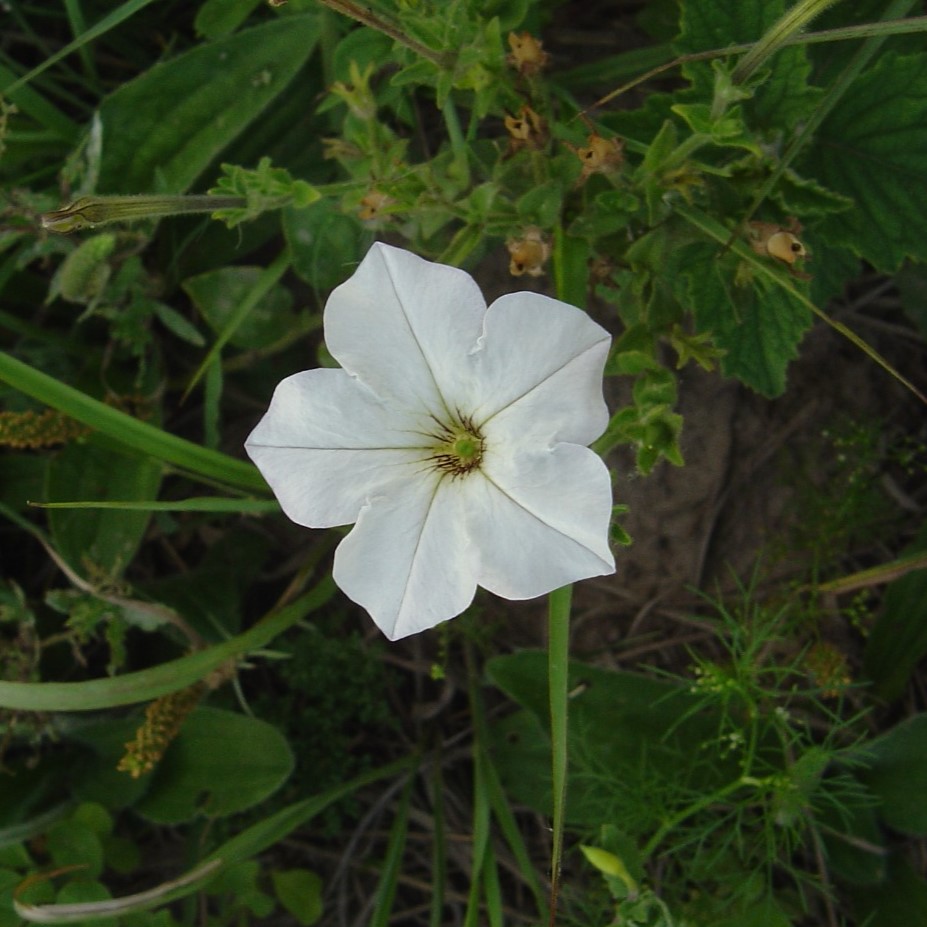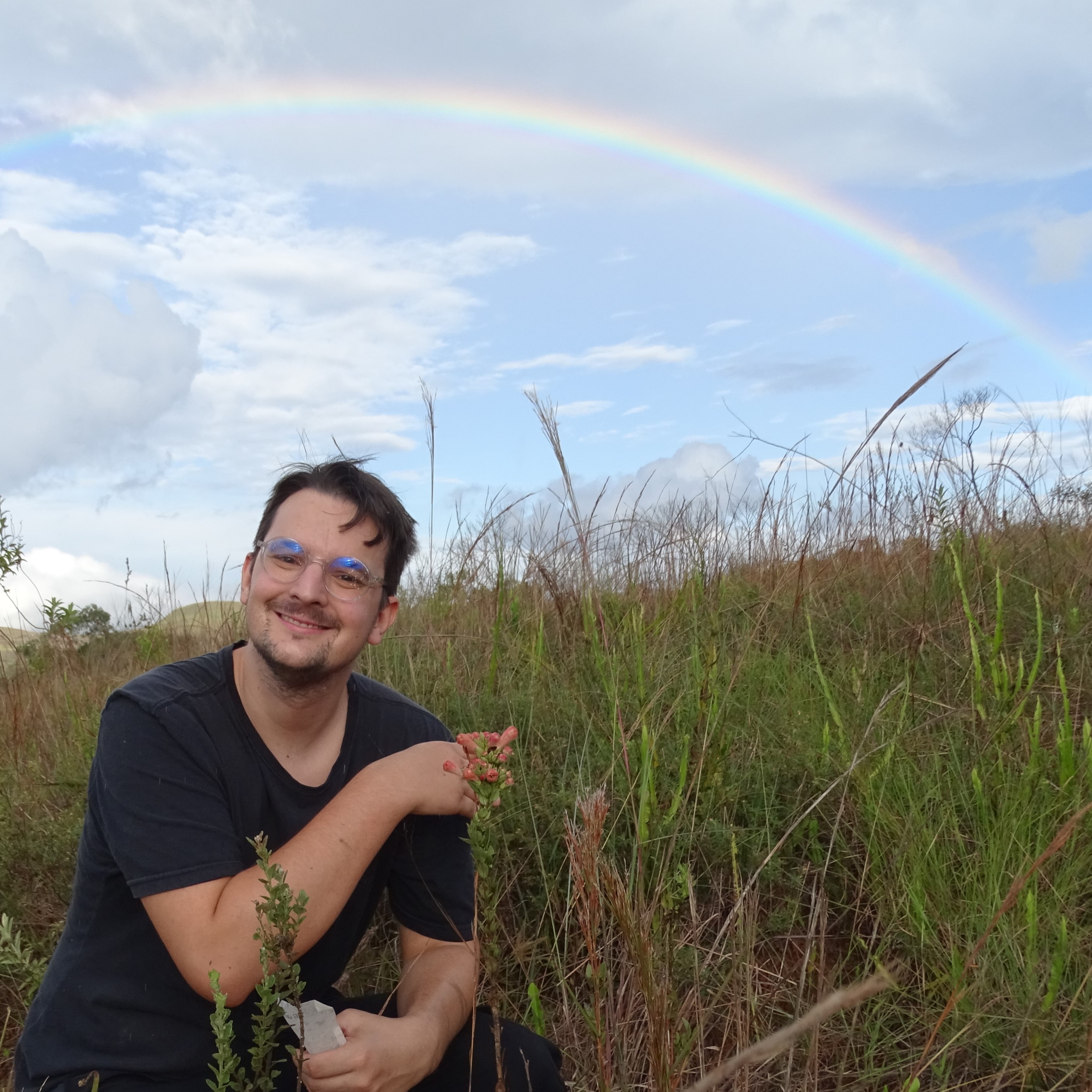Research
Diversification of South American Agalinis

Collaborators (in alphabetical order): Maribeth Latvis
Hybridization and Diversification of Petunia

During my Ph.D., under the guidance of Dr. Loreta Brandão de Freitas, my research focused on the effects of interspecific hybridization on the diversification of Petunia. It has become clear that hybridization plays a significant role in plant evolution, and Petunia provides a unique opportunity to understand how this phenomenon has impacted the diversification of a characteristic and charismatic group in the southern South American grasslands. In my dissertation, we used genomic, morphological, and geographical data to understand the adaptive radiation process of the group, the weak reproductive barriers between species, and both past and ongoing hybridization events. I had the opportunity to work on part of my Ph.D. with Dr. Stacey Smith at the University of Colorado Boulder, where I used transcriptomic data to understand the evolutionary process of Petunia and its related genera, Calibrachoa and Fabiana, taking into account gene flow between different species.
